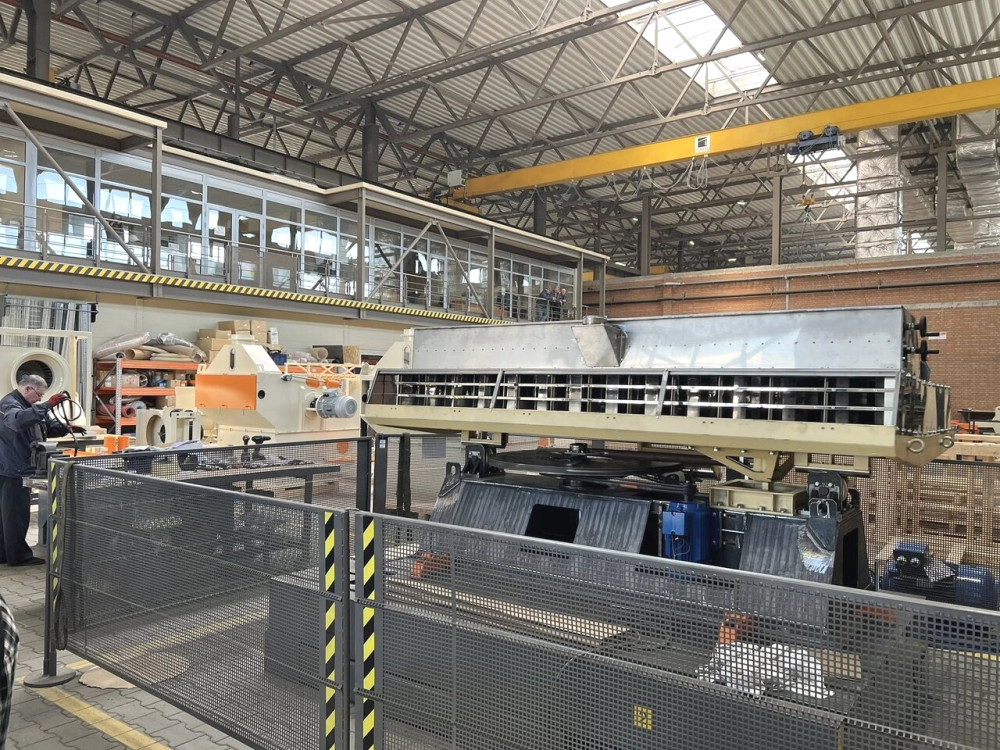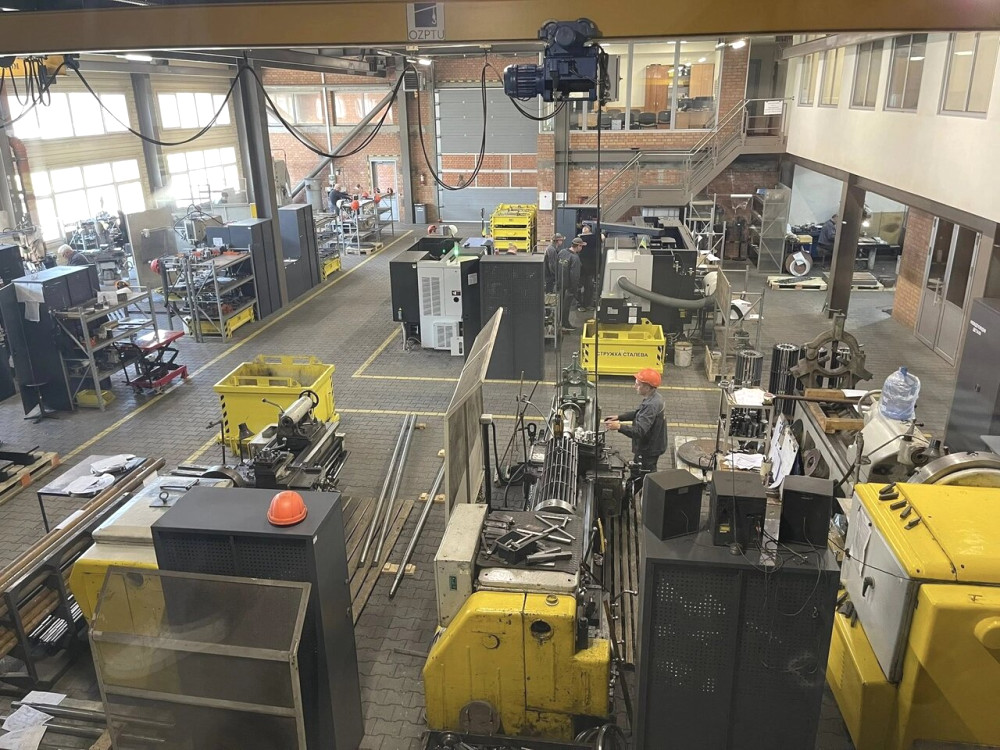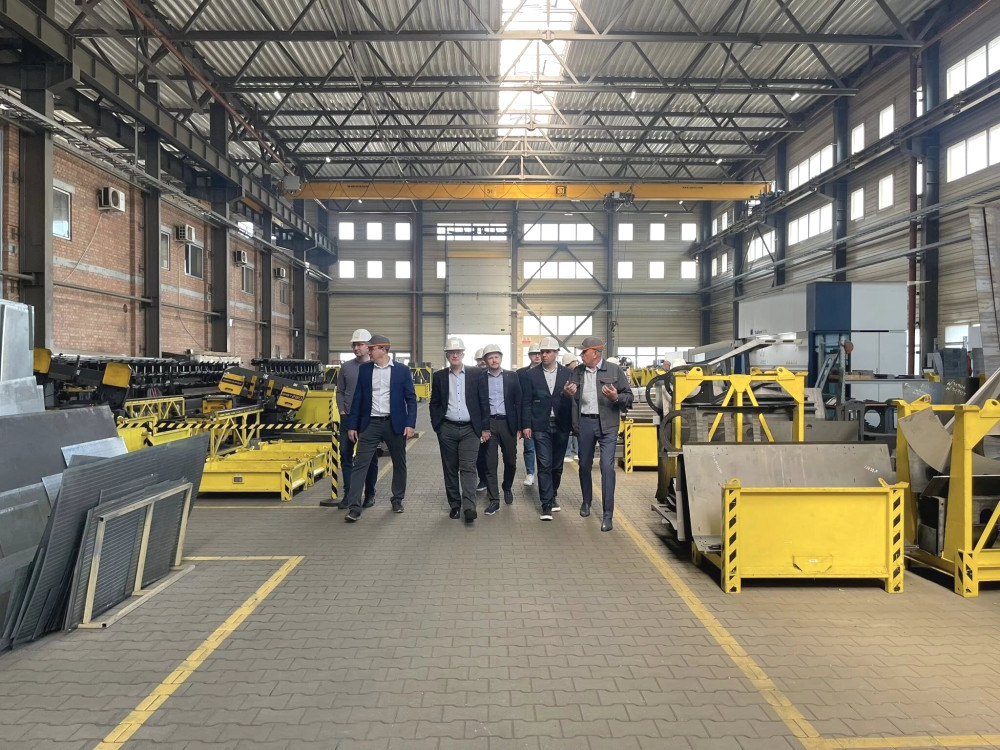Ukrainian Company Launches New Grain Processing Plant in Estonia
The Ukrainian company “Olys” has designed and launched a new grain processing plant in Estonia for the local company Torvaaugu Mahe Talu (Leibre).
This was announced by Dmitry Kiselevskiy, Deputy Chairman of the Committee of the Verkhovna Rada on Economic Policy.
Olys Launches Grain Processing Plant in Estonia
“The plant is based on the advanced technology „Optymatic-H-24“, which enables the processing of buckwheat into grain kernels”, Kiselevskiy stated. He noted that the production complex includes aspiration systems, gravity transport, pneumatic transport, and all necessary electronics and automation.
Olys technologists adapted the equipment to the architectural features of the Estonian client's production facility and implemented multi-format packaging.
For the production of this grain processing plant's equipment, Olys utilized the state program of accessible loans “5-7-9%”, Kiselevskiy added.
He also reminded that the Odesa-based enterprise “Olys” produces over 200 types of equipment for the processing of grains into flour and cereals, cleaning, and quality control of grains. The company designs and installs grain processing plants with capacities ranging from 15 to 300 tons per day, with the cheapest grain mill starting at 4 million UAH.
Export accounts for 25% of the company’s total sales, while the localization level of the equipment is about 75%. The company employs 211 staff members.
Kormotech has started building a factory in Lithuania worth 62 million dollars.
Kormotech Group, the largest pet food manufacturer in Ukraine, began constructing its second factory in the Lithuanian city of Kedainiai in February, aiming to strengthen its position in the European market.
The factory will triple Kormotech's production capacity and help the company rank among the top 30 pet food manufacturers in the world.
Kormotech has created 200 new jobs that will complement a team of 170 Ukrainian and Lithuanian specialists and promote the development of related industries. Most of the workers are residents of Kedainiai and surrounding areas.



